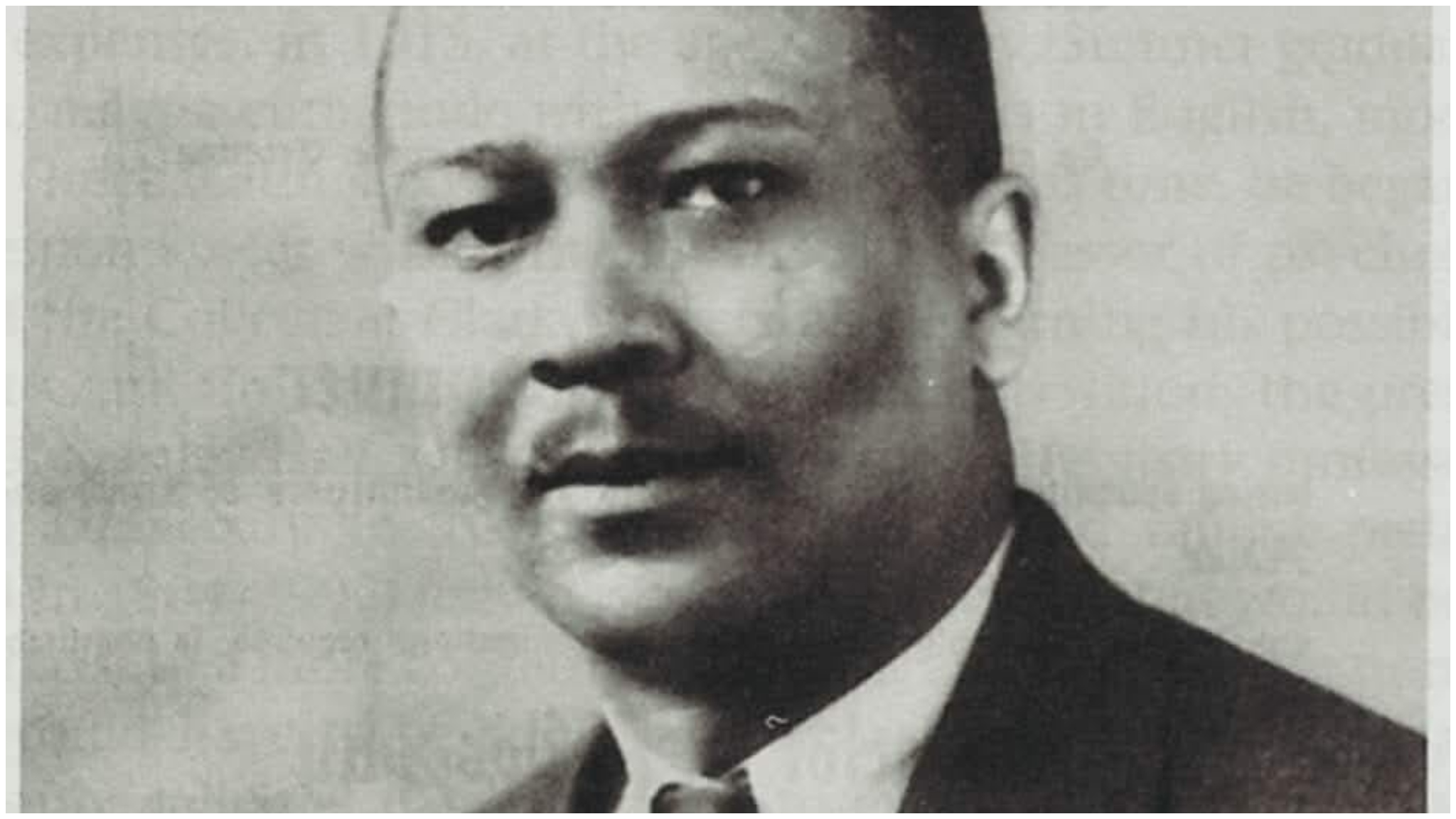First Black Ph.D. in Psychology in the U.S.
Francis Cecil Sumner made history in 1920 when he earned his Ph.D. in psychology. He was the first Black American to do so.
He graduated from Clark University in Worcester, Massachusetts, where he studied deeply under some of the top minds in the field.
His achievement was more than a personal victory. It opened the door for future Black psychologists and social justice researchers.
Leading Psychology at Howard University
Sumner spent most of his career at Howard University in Washington, D.C. He joined in 1928 and chaired the psychology department for 26 years.
At Howard, he shaped the future of Black psychology. He created courses on religion, race, education, social justice, and psychoanalysis.
He didn’t just teach—he mentored and inspired a generation of Black scholars who would later influence civil rights research.
Dedicated to Language and Knowledge Sharing
Sumner was fluent in German, French, and Spanish. This allowed him to read, translate, and summarize global psychology research.
He wrote over 3,000 article summaries for major journals like Psychological Bulletin and Journal of Social Psychology.
His language skills and deep knowledge helped bring diverse global ideas into American academic circles.
Teaching Through Segregation and Service
During World War I, Sumner served as a Sergeant in the segregated 808th Pioneer Infantry Unit. He worked on railroads instead of in combat.
Despite being highly educated, racism in the military blocked him from roles matching his abilities.
After the war, he taught at several Black colleges, including Wilberforce University and Southern University. He later spent seven years teaching at West Virginia Collegiate Institute.
Research That Challenged Racism in Education
Sumner’s research often focused on the unfair conditions faced by Black scholars. He wrote about the deep gaps between Black and white students in college access.
He also explored how racism harmed mental development. He argued that racist environments limited Black scholars’ ability to research and grow.
He called this effect “oppression psychosis”—a condition that made Black minds focus more on survival than on innovation.
A Foundation for Brown v. Board of Education
Though Sumner passed away before the Brown v. Board of Education decision, his work helped lay the foundation for it.
His research on race, education, and mental health became important background for the Supreme Court case that ended school segregation.
Many civil rights scholars see his academic efforts as a key part of that long struggle.
A Life of Excellence Cut Short
Sumner was born in Pine Bluff, Arkansas, in 1895. He was homeschooled by his father and started college at just 15 years old.
He earned his first degree from Lincoln University, then another from Clark University before getting his Ph.D.
He died of a heart attack on January 12, 1954, at the age of 58. He was buried with honors at Arlington National Cemetery.





